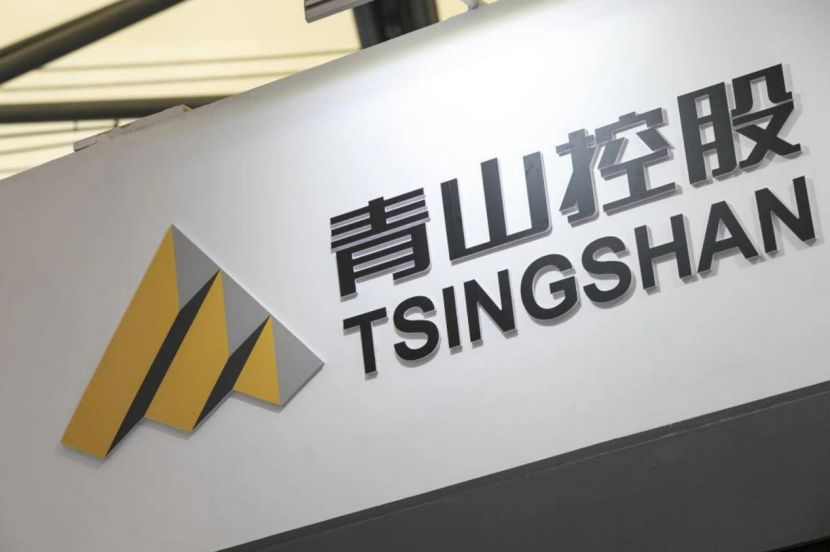Chinese mining giant suspends nickel production line in Indonesia

Chinese mining giant Qingshan Holding Group has suspended several production lines at its Indonesian nickel center since early May due to plummeting nickel prices and weak global demand.The chairman of the mining engineering division of the Indonesian Society of Engineers said the decision was purely for economic reasons and that the fall in nickel prices had caused the company to lose money, hence the cessation of operations. Nickel prices on the London Metal Exchange are currently at $15,237 per tonne, down 0.90% from the previous week, continuing a downward trend since hitting a four-year low in 2024, and well below previous expectations of $20,000 per tonne. the average nickel price in 2023 slumped 15.3% year-on-year due to oversupply and low demand. despite the abundance of nickel reserves in Indonesia, many local smelters, including Green Mountain Despite the abundance of nickel reserves in Indonesia, many local smelters, including Qingshan, are still dependent on imported ore due to a lack of domestic supply, and the fall in nickel prices has further eroded profits. The shutdown could lead to massive layoffs and affect domestic nickel mining and upstream suppliers. Bloomberg cited sources familiar with the matter as saying that Castle Peak suspended some stainless steel production lines at the Morovalli industrial park in response to trade uncertainty brought about by declining global demand and escalating tariffs between the United States and China, to curb oversupply and stabilize prices. The relevant facilities are currently under maintenance and the time of resumption of production is unknown. Founded in the 1980s, Green Mountain Holdings is one of the world's largest stainless steel producers. Its subsidiary in Indonesia, PT Indonesia Tsingshan Stainless Steel, is owned by a number of companies, and Qingshan also controls a number of entities in Indonesia, with sizable production capacity in the Morowali operation. But now China's slowing economic growth and US tariff hikes have challenged its strategy and raised questions about the sustainability of Indonesia's large-scale nickel industrialization.

